Cinnamon is a spice that has been treasured for centuries for its fragrant aroma and distinct flavor. It holds a special place in various cultures, including its significance in the Bible. The spiritual meaning of cinnamon in the Bible is rich with symbolism and metaphorical power.
The Symbolism of Cinnamon
Throughout the Bible, cinnamon symbolizes various aspects such as abundance, healing, anointing, and divine favor. Its warm and comforting fragrance has been associated with feelings of peace, tranquility, and spiritual awakening.
Cinnamon in the Old Testament
In the Old Testament, cinnamon is mentioned as one of the precious spices used in ceremonial rituals. In the book of Exodus, God instructs Moses to use cinnamon, among other spices, in the creation of sacred anointing oil.
Cinnamon in the New Testament
In the New Testament, cinnamon is not explicitly mentioned. However, its symbolic meaning and associations can be inferred from other references. For example, the mention of spices in the story of Jesus’ burial, where fragrant spices, including myrrh and aloes, were used to prepare his body for burial, can indicate the spiritual significance of cinnamon as a symbol of reverence and honoring the divine.
Cinnamon as a Symbol of Abundance
Cinnamon has been historically valued for its rarity and expensive nature. Its presence in the Bible symbolizes wealth, prosperity, and abundance. In the spiritual sense, cinnamon represents the abundance of blessings, both material and spiritual, that come from God’s favor.
Cinnamon as a Symbol of Healing
Cinnamon is also associated with healing properties. Its warm and aromatic qualities have been believed to have medicinal benefits. In the Bible, cinnamon signifies the healing power of God, offering spiritual restoration, emotional well-being, and physical healing.
Cinnamon as a Symbol of Anointing
Anointing with oil has been a significant ritual in the Bible, representing divine consecration and empowerment. Cinnamon’s presence in the anointing oil signifies the holy anointing of individuals for their divine purpose, whether as priests, kings, or prophets.
Embracing the Spiritual Meaning of Cinnamon
By embracing the spiritual meaning of cinnamon, we can tap into its symbolic power. It reminds us to seek abundance, not just in material possessions, but also in love, joy, peace, and spiritual growth. Cinnamon encourages us to approach life with healing intentions and to trust in the divine healing power. It invites us to recognize and embrace our divine purpose, allowing ourselves to be anointed by God’s grace.
Incorporating the spiritual meaning of cinnamon into our lives can bring forth blessings, healing, and a deeper connection with the divine. So, let us appreciate the beauty of this spice and its profound symbolism as it enriches both our culinary experiences and our spiritual journey.
The Spiritual Significance of Cinnamon in the Bible
Cinnamon holds significant spiritual meaning in the Bible. In Exodus 30:23, God instructs Moses to use cinnamon in the holy anointing oil, which was used to sanctify the tabernacle and its furnishings. This shows that cinnamon symbolizes consecration and holiness.
Furthermore, cinnamon is mentioned several times in the Song of Solomon, a book of the Bible that is rich in spiritual symbolism. In Song of Solomon 4:14, the fragrance of cinnamon is described as being among the sweetest scents, representing the pleasing aroma of spiritual offerings to God.
Additionally, cinnamon is associated with abundance and prosperity in the Bible. In Proverbs 7:17-18, it is mentioned in the context of a woman’s bed being perfumed with spices, including cinnamon, which symbolizes luxury and wealth.
Overall, cinnamon holds a profound spiritual significance in the Bible. It represents consecration, pleasing worship, and abundance. Its presence in biblical texts adds depth and symbolism to the spiritual meaning associated with this aromatic spice.





